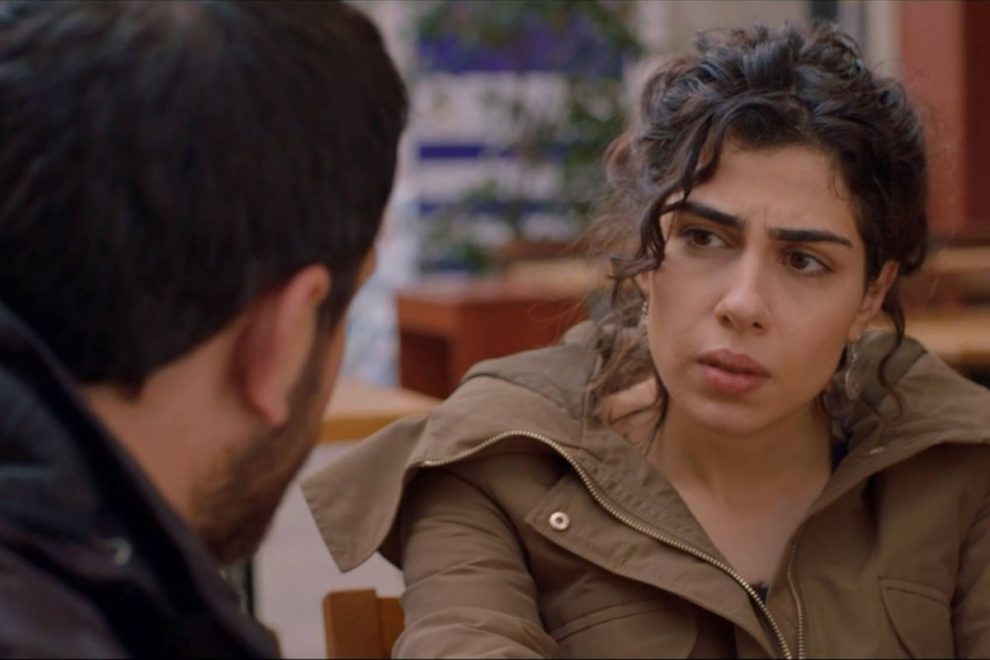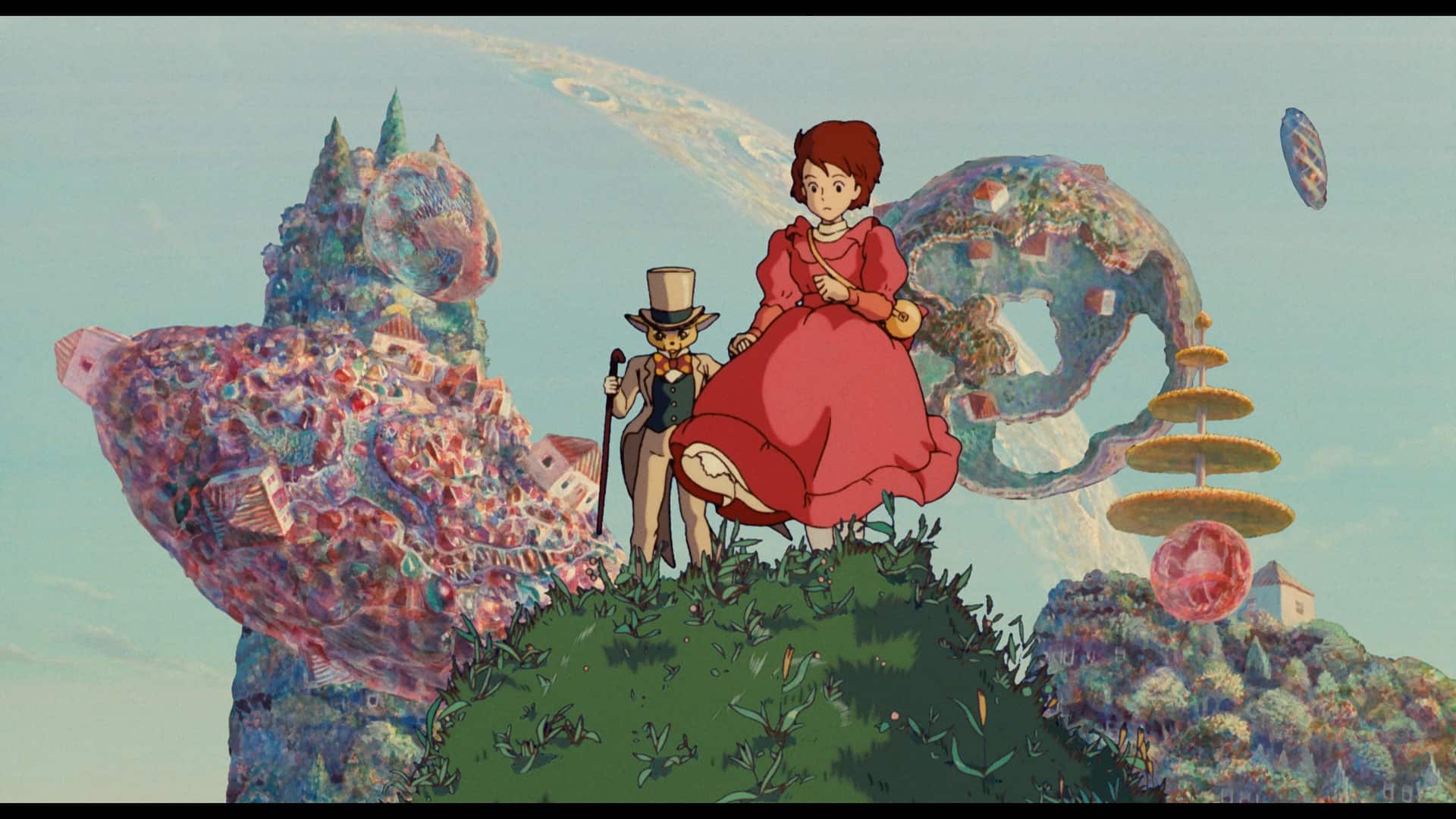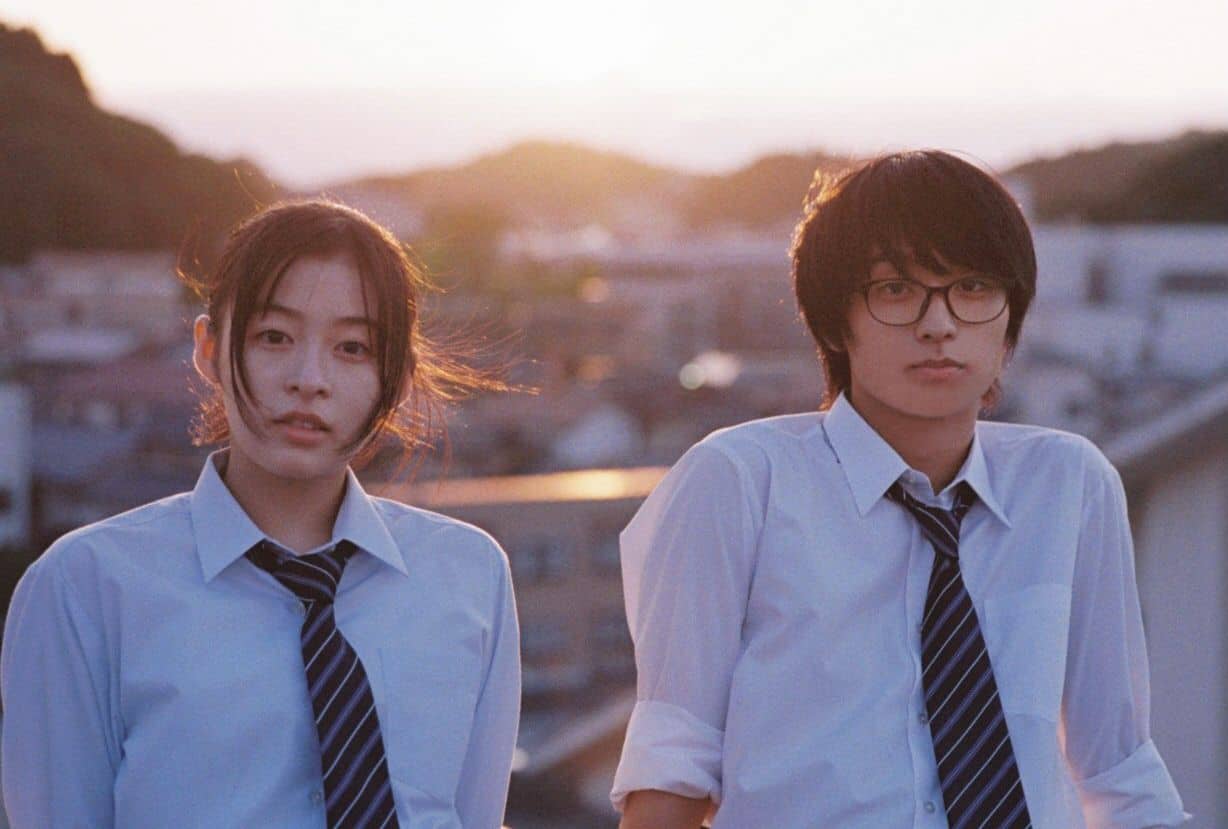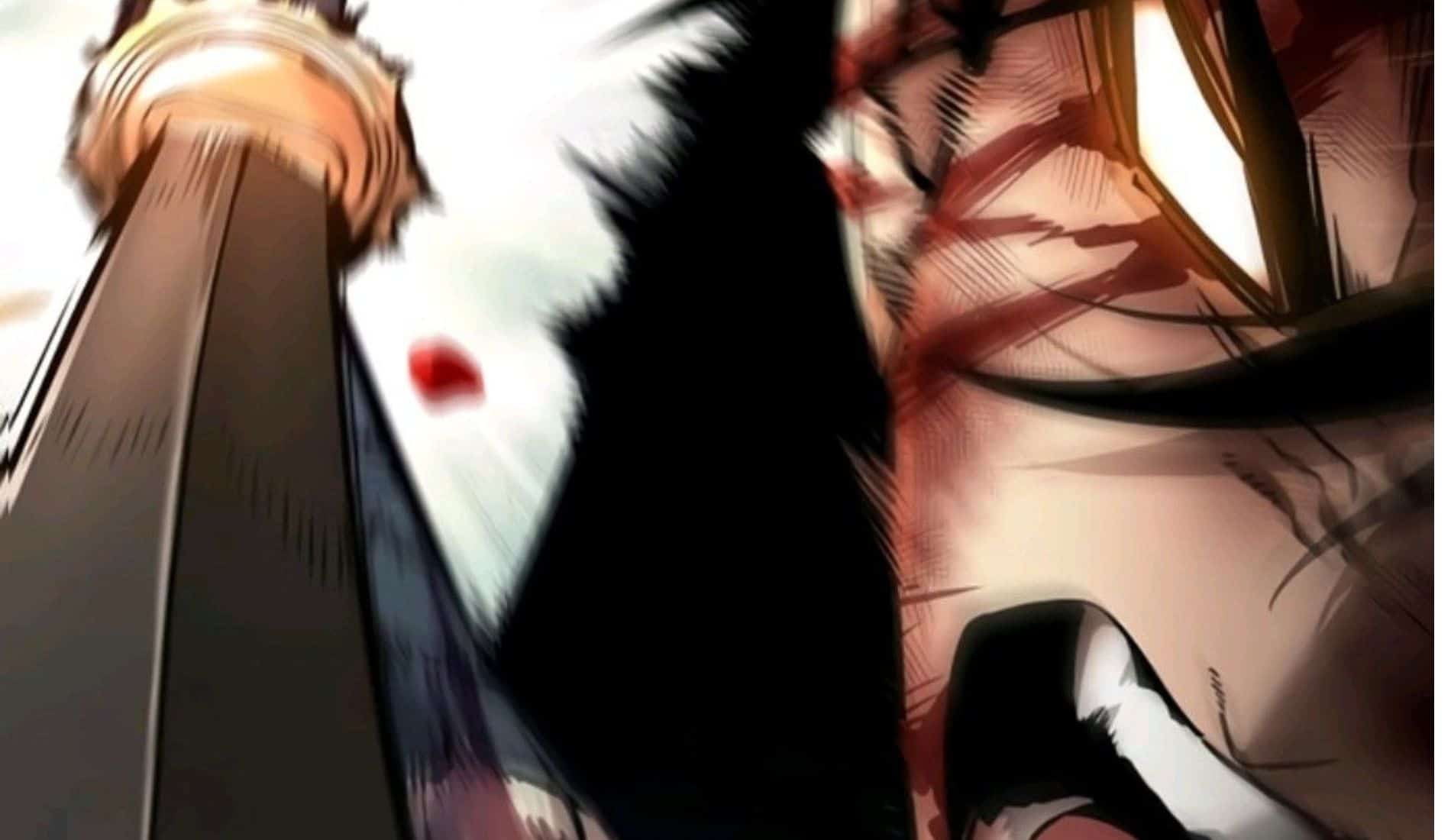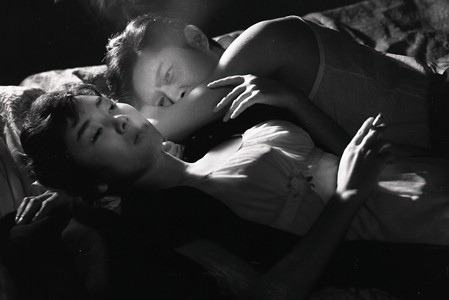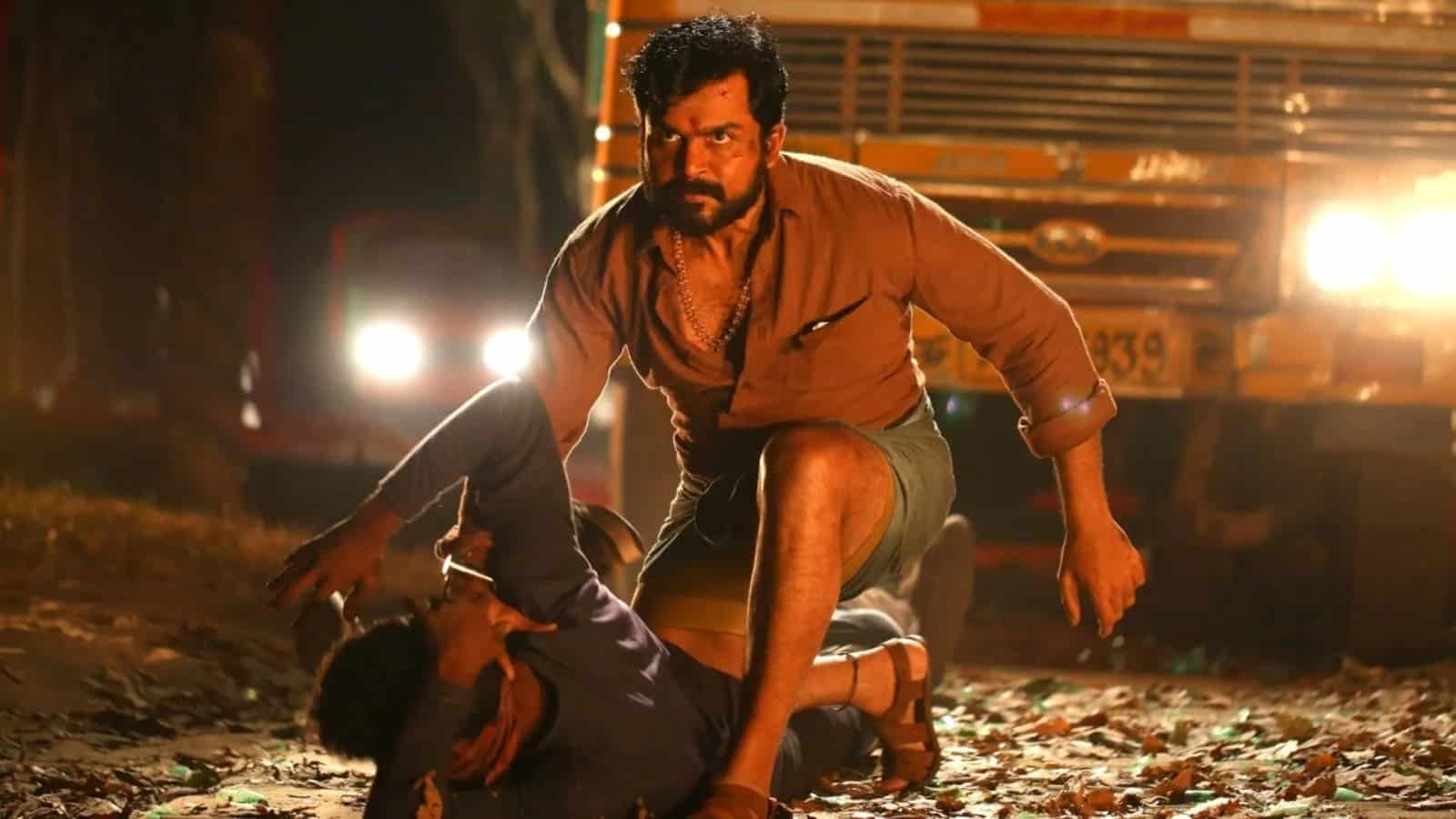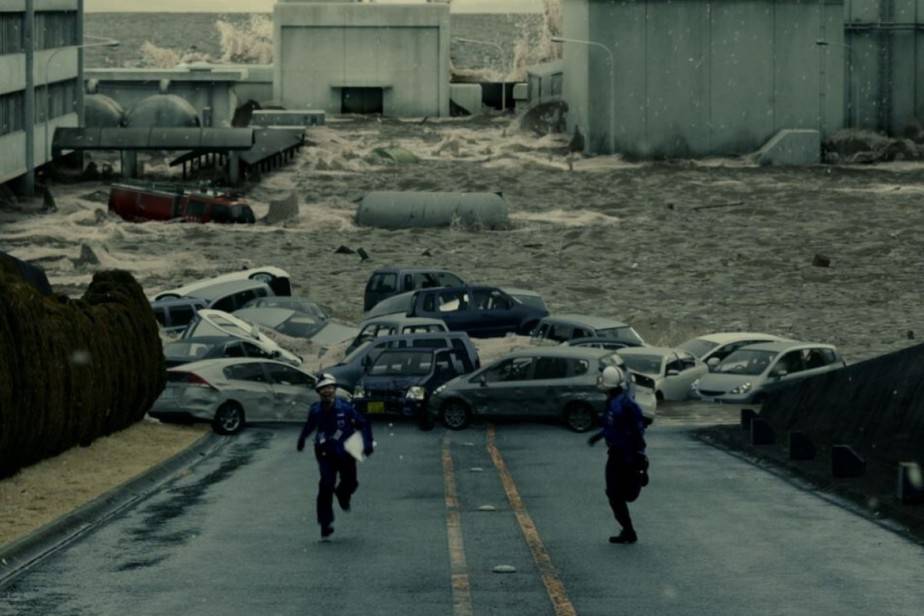While followers of dubious conspiracy theories claim they live under a dictatorship, for the most part their definition of that term and how an authoritarian state exercises control over its people deviates quite a bit from reality. Living under constant surveillance, both visible and invisible, has immense consequences on your private sphere, influencing how you behave, talk and ultimately how you think as people who have lived under these regimes will tell you. To show how state surveillance and control influence the living conditions of people, was one of the aims of Turkish director Rodi Güven Yalçinkaya‘s debut feature “Momê“. Blending elements of political thriller and drama, Yalçinkaya follows the lives of several Kurds in Istanbul and how a banal misunderstanding corrodes their sense of safety and privacy.
“Momê” screened at Filmfest Hamburg

Arjin (Heja Türk) is a young Kurd living in the heart of Istanbul, making a living as a musician. However, since she plans to move away, continuing her studies in Europe, she is busy organizing or renewing necessary documents, dissolving her apartment as well as the rest of her furniture. When she meets an old friend in a café near her apartment, she thinks it is because she is about to leave for another country, when out of the blue she is asked to take in a young woman, who has survived and witnessed a terrible massacre and also plans to leave the country for good. Arjin agrees, but after only a few days in her apartment, the woman flees, feeling observed and unsafe in her temporary home.
Unknown to Arjin, she is also now at the center of a large-scaled operation by the Turkish intelligence service who thinks she may have connection to a terrorist network operating in the city and planning an attack. Due to a misunderstanding of one of the agents observing the meeting of Arjin and her friend in the café, the agency feels confident in their suspicions and widen their focus also on Arjin's friends, such as Sedar (Yavuz Akkuzu), a young attorney. Given Sedar's affiliations with the Kurdish cause, it now only a question of time when the agents will take action against the supposed terrorists.
In his feature, director Yalçinkaya follows two points of view: the observer and those being observed. While the former explores the hierarchy within the agency, the routine of the agents and their decision-making process, the latter depicts how the mere suspicion of being observed changes the character's behavior and undermines their sense of security. The agents, fitting called the “sensory organs of the state” at one point, follow certain protocols and order, mostly given by superiors up above, hiding in the shadows of the system. Even though they also have a private side to them, Yalçinkaya's script leaves little doubt where their ultimate loyalty lies.
Ultimately, the urban and the private sphere become part of a wide-scale panopticon. As the director explains in interviews with Turkish newspapers, the theory by philosopher Jeremy Bentham is the fitting metaphor to describe a system based on observation, which is never made transparent to the characters and could target anyone on the foundation of the most banal of suspicions. For the version of Turkey portrayed in “Momê“ this is indeed a very bleak perspective, emphasizing how the state continually undermines notions of privacy and security for many people and relies on a flawed system.
“Momê“ is a very suspenseful blend of drama and political thriller. Rodi Güven Yalçinkaya tells a story about a flawed, but powerful system based on surveillance and control, thus undermining social cohesion and people's sense of security.


